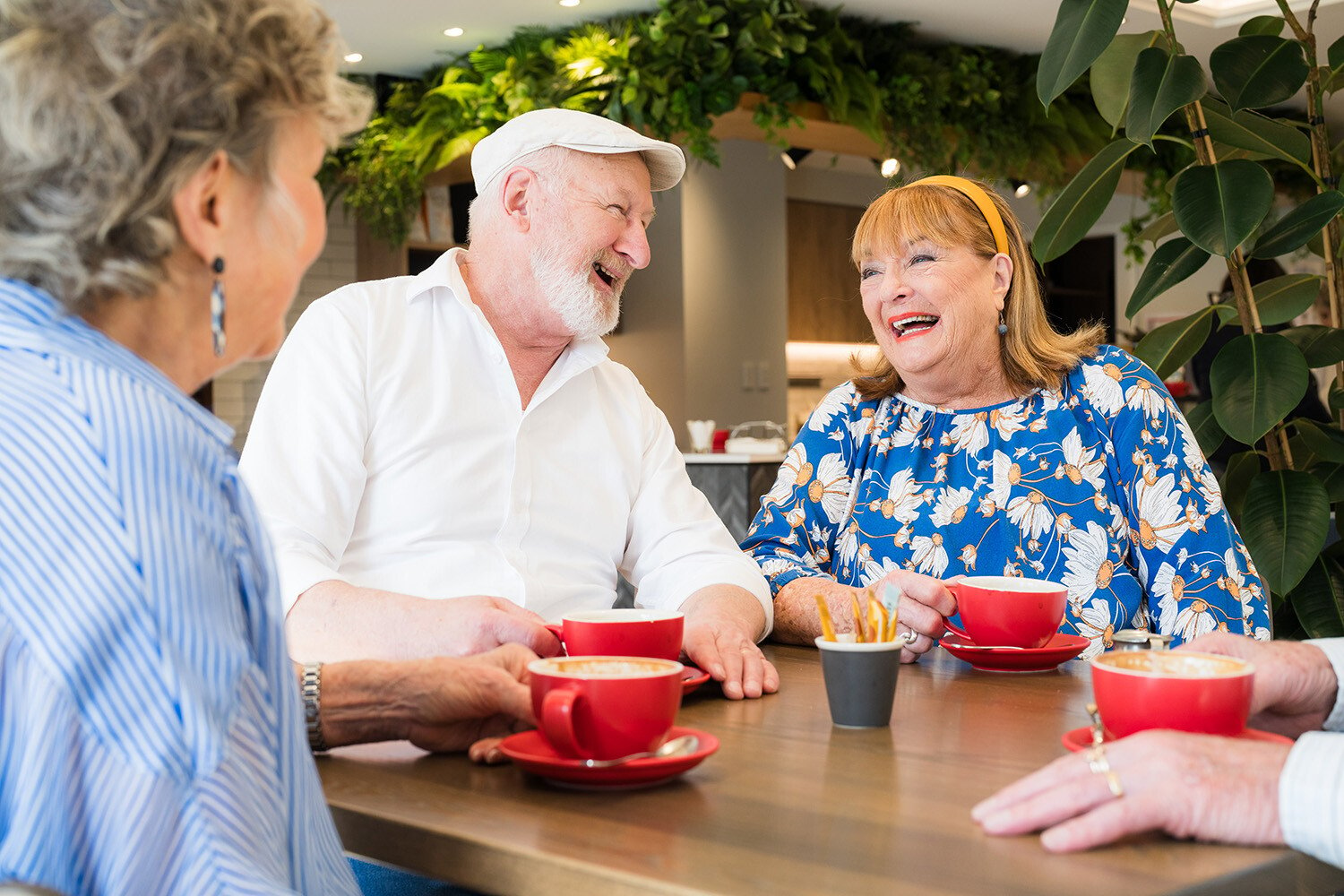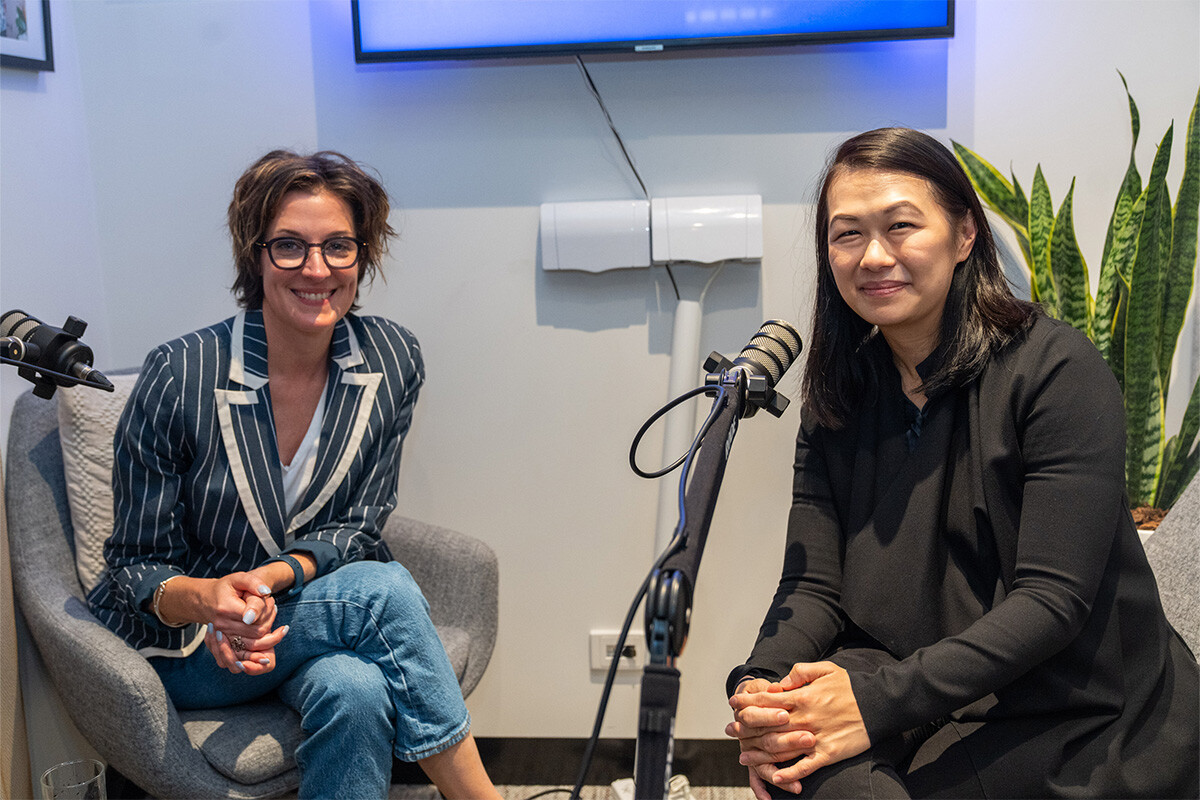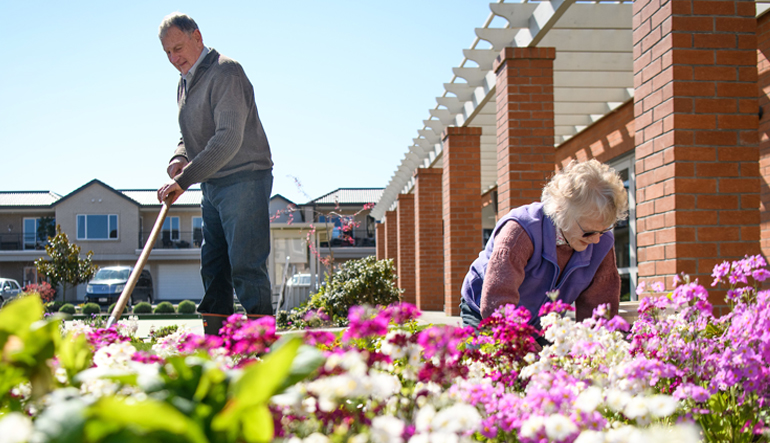Workshop friendship blooms through ANZAC poppy project
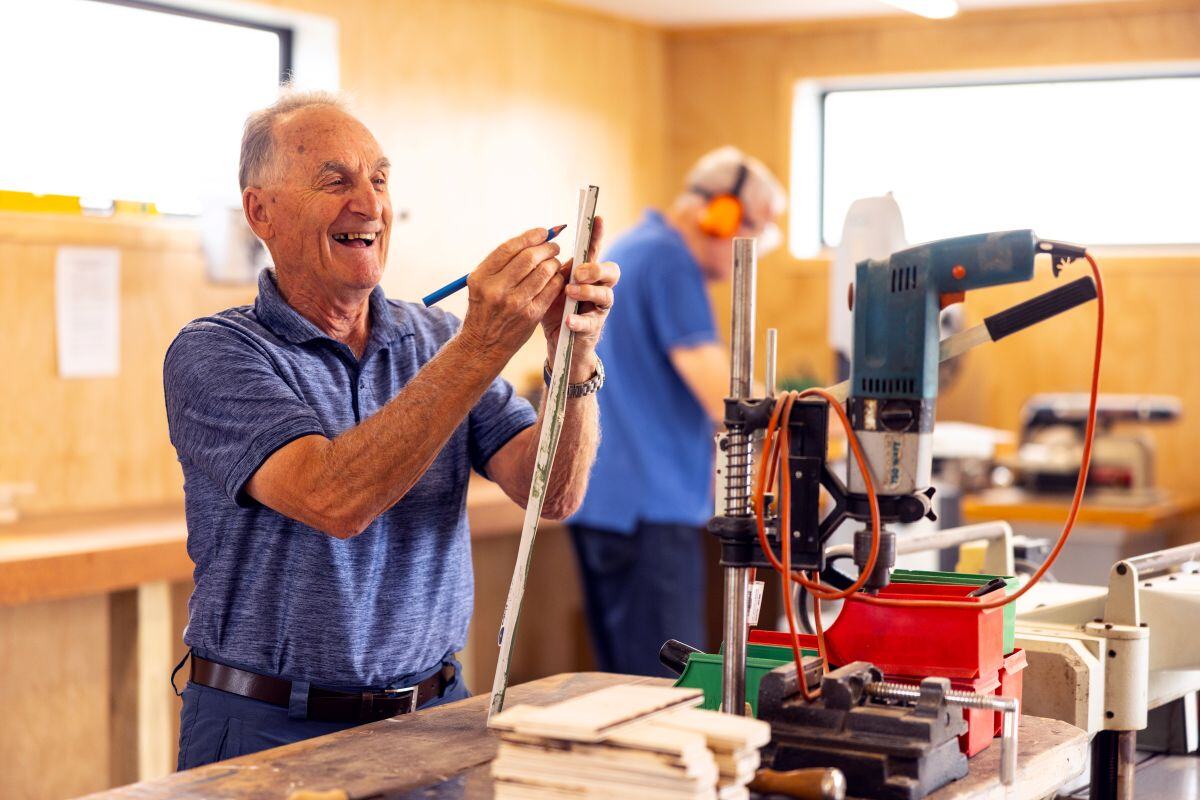

Apr 16, 2025
3
min read
Easter and ANZAC Day fun with grandkids
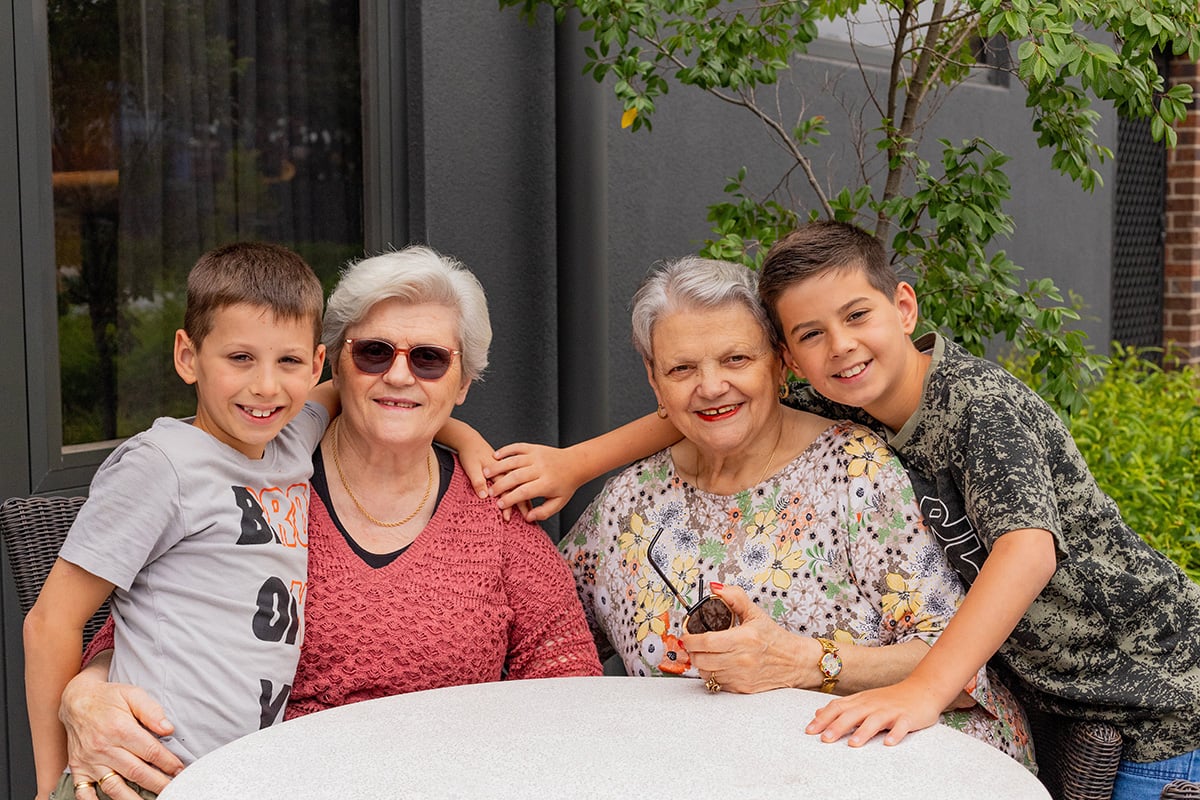

Apr 15, 2025
2
min read
A taste of tradition: Carol's timeless ANZAC biscuit recipe


Apr 14, 2025
1
min read
Scrumptious hot cross bun recipe


Apr 14, 2025
2
min read
Brian’s key to an epic retirement
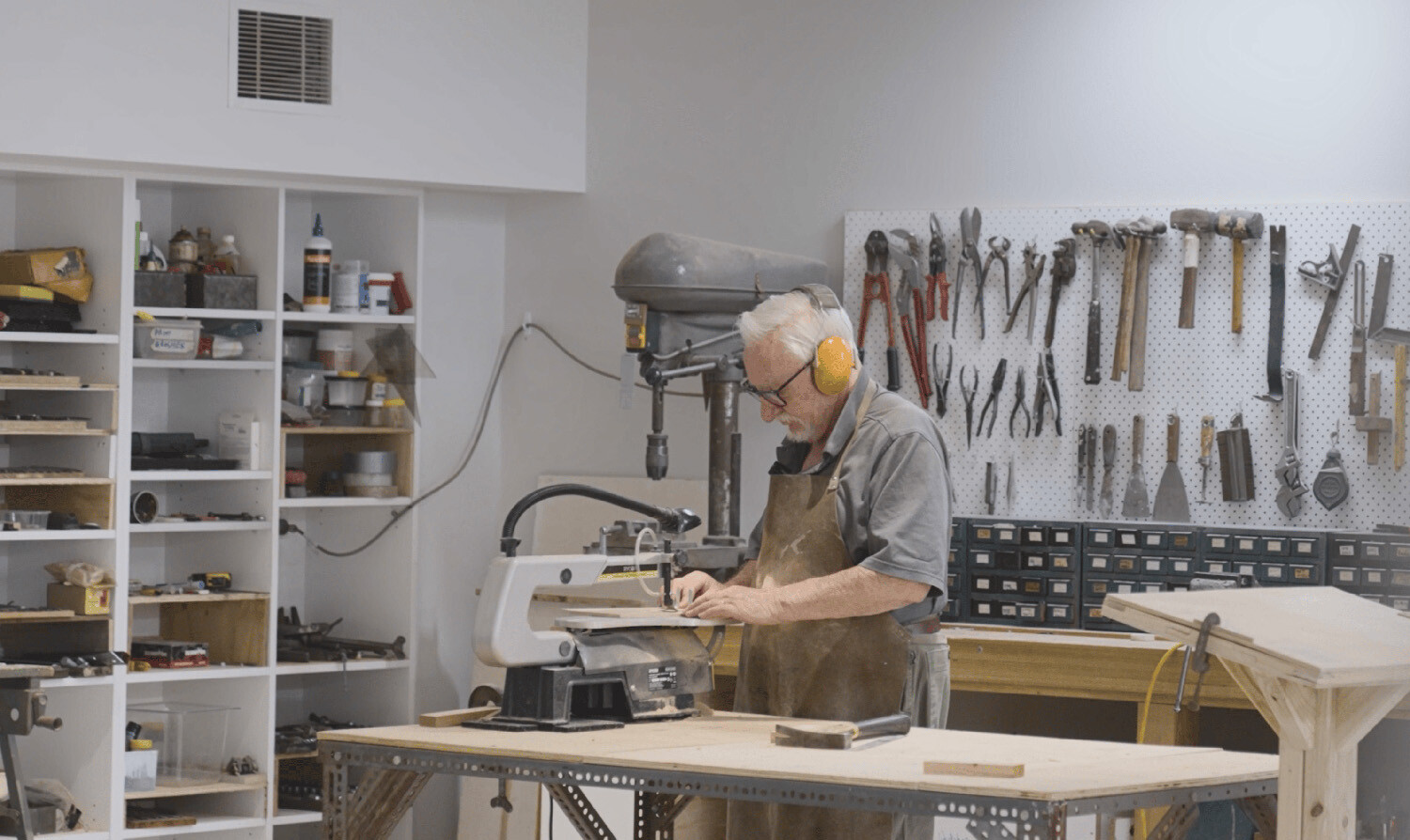

Mar 21, 2025
1
min read
Heading overseas? Some handy travel tips before you go


Mar 5, 2025
4
min read
From Antarctica to the Outback: Rodnie and Bryan’s ultimate travel adventures
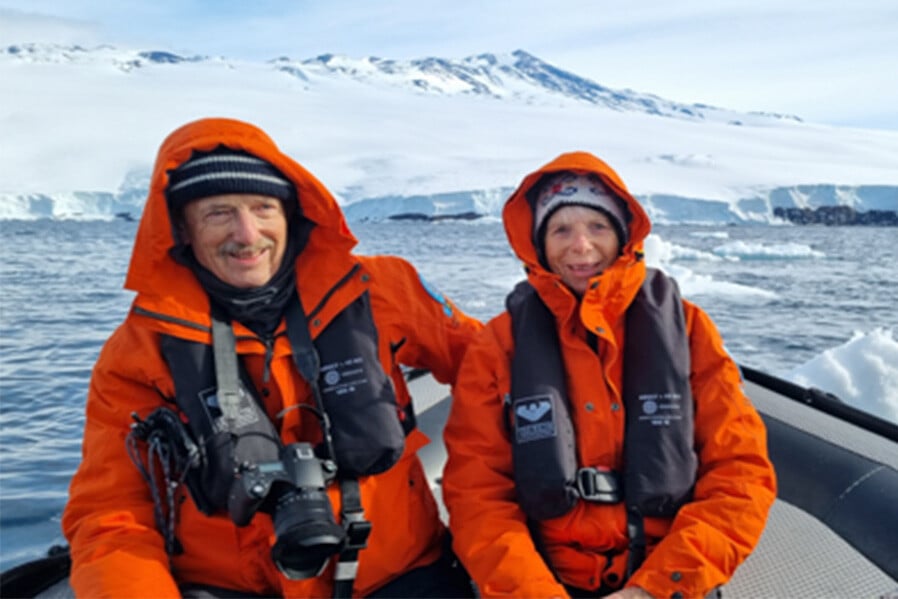

Feb 27, 2025
2
min read
How to have an epic retirement
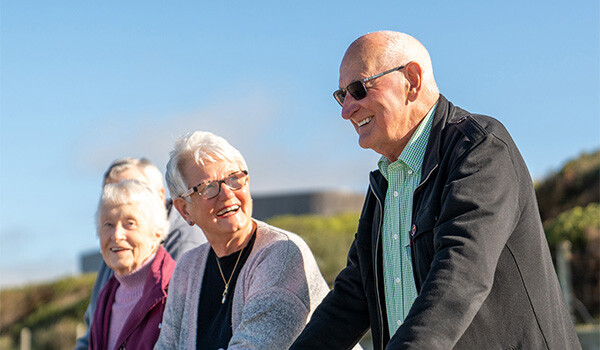

Feb 27, 2025
5
min read
A Very Special Kind of Person
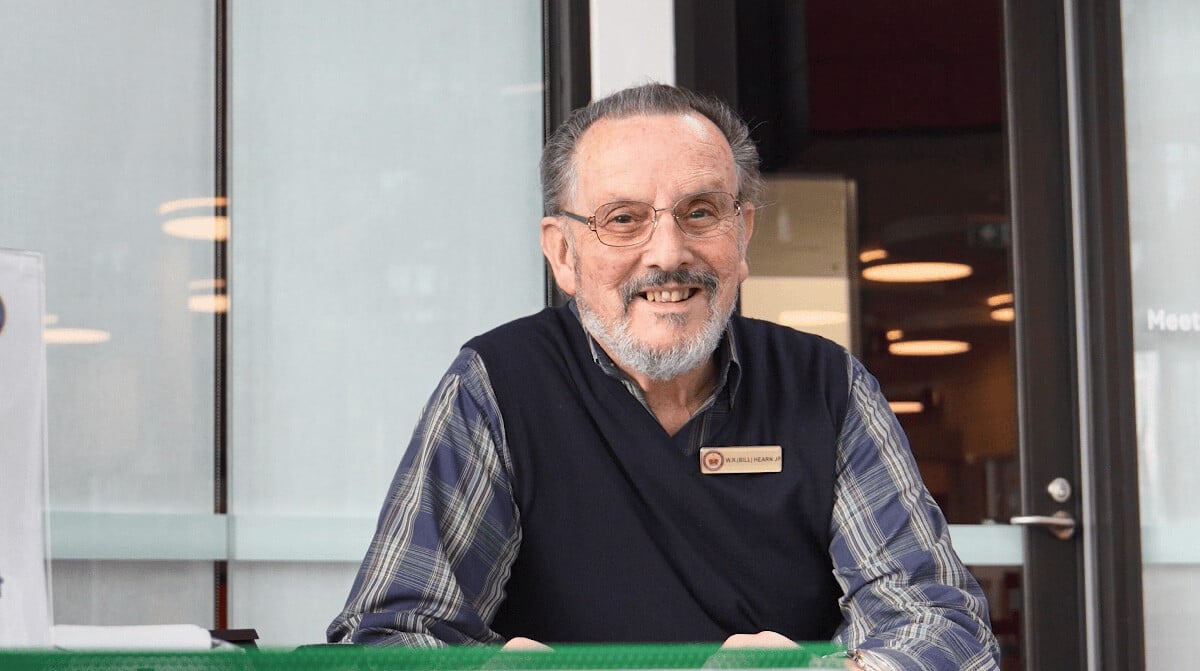

Feb 17, 2025
2
min read

